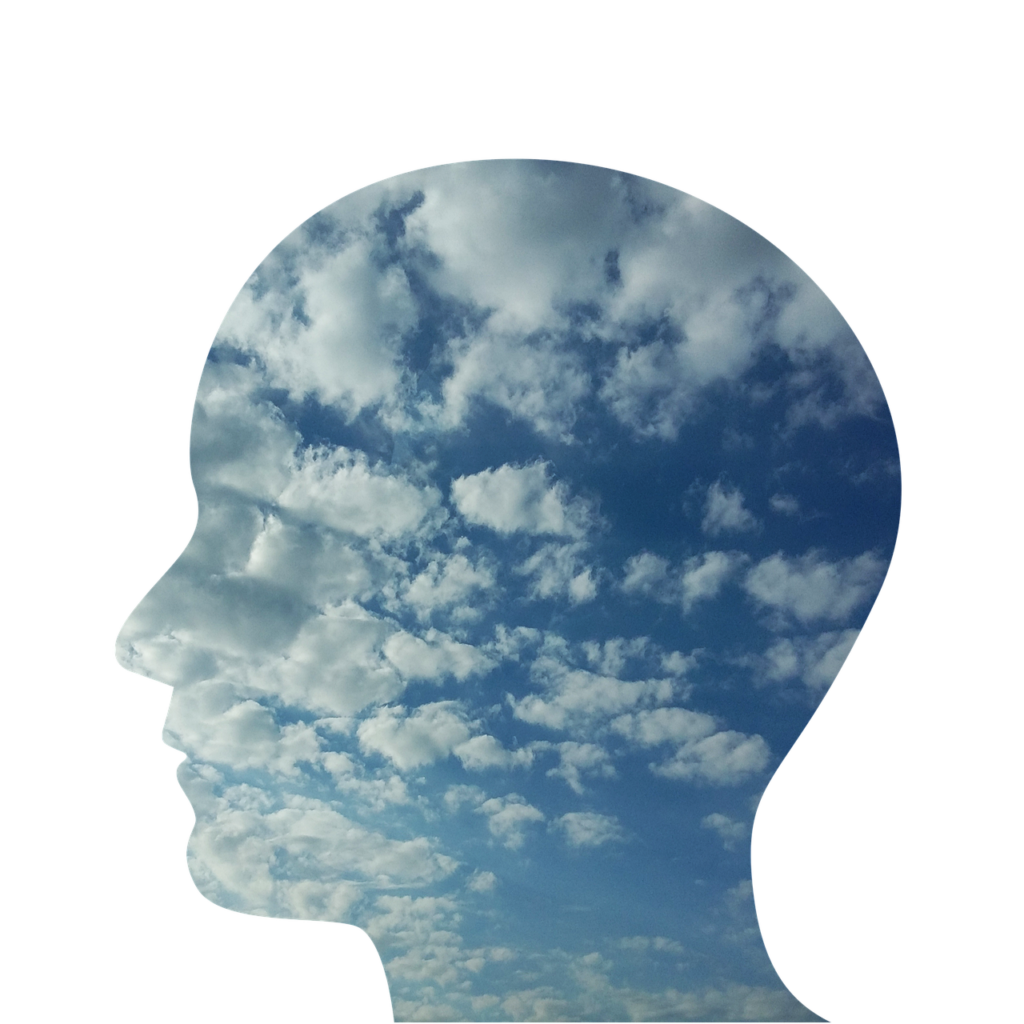
Mental and physical health are often viewed as separate entities. However, this is a misconception. They are deeply intertwined. Understanding the mind-body connection can significantly impact overall wellbeing. In this blog post, we’ll explore how mental health affects physical health and why it’s crucial to consider both aspects for a holistic approach to wellness.
Understanding the Mind-Body Connection
What is the Mind-Body Connection?
The mind-body connection refers to the link between our mental and physical health. Our thoughts, feelings, beliefs, and attitudes can positively or negatively affect our biological functioning. Conversely, what we do with our physical body, such as what we eat and how much we exercise, can impact our mental state.
Historical Perspective
Historically, the mind and body were not always viewed as separate. Ancient medical systems like Ayurveda and Traditional Chinese Medicine (TCM) emphasize a holistic approach. They recognize the importance of balancing mental and physical health. Over time, Western medicine adopted a more segmented approach. However, recent research is reviving the integrated perspective.
How Mental Health Affects Physical Health
Stress and the Body
Stress is a natural response to challenges. However, chronic stress can wreak havoc on the body. When stressed, the body releases cortisol, a hormone that prepares it for a “fight or flight” response. Prolonged cortisol release can lead to:
- Increased blood pressure
- Suppressed immune system
- Increased risk of heart disease
- Weight gain, especially around the abdomen
Anxiety and Physical Symptoms
Among the most common mental health issues are anxiety disorders. This condition can manifest physically in several ways:
- Rapid heart rate
- Shortness of breath
- Muscle tension
- Headaches
- Gastrointestinal issues
These symptoms can become chronic, leading to more severe health problems if not addressed.
Depression and Physical Health
Depression goes beyond feeling sad. It can affect physical health significantly. People with depression may experience:
- Fatigue and decreased energy
- Changes in appetite and weight
- Insomnia or oversleeping
- Chronic pain without a clear cause
- Weakened immune system
Depression can also lead to a sedentary lifestyle, further exacerbating physical health issues.
Impact on the Immune System
Mental health directly influences the immune system. Chronic stress, anxiety, and depression can weaken the immune system, making the body more susceptible to infections and illnesses. This weakened state can also slow down recovery from illnesses and surgeries.
The Science Behind the Connection
Neurotransmitters and Hormones
Our brain communicates with the rest of the body through neurotransmitters and hormones. Mental health conditions can alter the levels of these chemicals, affecting physical health. For instance, serotonin levels influence mood and sleep, while dopamine affects motivation and pleasure. Imbalances in these neurotransmitters can lead to both mental and physical health issues.
Inflammation and Mental Health
Chronic inflammation is linked to many physical health problems, such as heart disease and diabetes. Interestingly, inflammation is also connected to mental health. Studies show that people with depression and anxiety often have higher levels of inflammatory markers. This bidirectional relationship suggests that improving mental health could reduce inflammation and vice versa.
The Role of the Gut-Brain Axis
The gut-brain axis is a two-way communication system between the gut and the brain. The gut microbiota, which comprises trillions of bacteria, plays a crucial role in this interaction. Mental health conditions like anxiety and depression can disrupt the gut microbiota, leading to digestive issues and other health problems. Conversely, a healthy diet that supports gut health can positively impact mental wellbeing.
Practical Ways to Improve Mental and Physical Health
Mindfulness and Meditation
Mindfulness and meditation practices can significantly reduce stress and anxiety. These techniques help calm the mind, leading to physical health benefits such as:
- Lower blood pressure
- Improved heart rate
- Better sleep quality
- Enhanced immune function
Regular Physical Activity
Exercise is a powerful tool for improving both mental and physical health. Regular physical activity releases endorphins, which are natural mood lifters. Additionally, exercise can:
- Reduce symptoms of depression and anxiety
- Improve cardiovascular health
- Boost energy levels
- Enhance cognitive function
Healthy Eating
Nutrition plays a vital role in maintaining mental and physical health. A balanced diet rich in fruits, vegetables, whole grains, and lean proteins can:
- Support brain function
- Stabilize mood
- Reduce inflammation
- Strengthen the immune system
Social Connections
Humans are social beings. Strong social connections can improve mental health by providing emotional support and reducing feelings of loneliness. This, in turn, can enhance physical health by:
- Lowering stress levels
- Improving immune function
- Increasing lifespan
Professional Help
Sometimes, improving mental health requires professional intervention. Therapists, counselors, and medical professionals can provide support and treatment for mental health conditions. Seeking help is a crucial step toward improving both mental and physical health.
The Benefits of Integrative Medicine
What is Integrative Medicine?
Integrative medicine combines conventional medical treatments with complementary therapies. This approach considers the whole person, including physical, mental, and spiritual aspects of health. It aims to promote healing and wellbeing by addressing all factors that influence health.
Benefits of Integrative Medicine
Integrative medicine offers several benefits:
- Personalized care tailored to individual needs
- Emphasis on preventive care
- Use of natural and less invasive treatments
- Support for mental and emotional wellbeing
Common Integrative Therapies
Several therapies are commonly used in integrative medicine, including:
- Acupuncture
- Massage therapy
- Yoga
- Nutritional counseling
- Herbal medicine
These therapies can help manage stress, improve mood, and enhance physical health.
Real-Life Stories: The Power of the Mind-Body Connection
Case Study 1: Overcoming Chronic Pain
Sarah, a 45-year-old woman, suffered from chronic back pain for years. Traditional treatments provided little relief. After trying mindfulness meditation and cognitive-behavioral therapy (CBT), her pain significantly reduced. She learned to manage her stress and reframe negative thoughts, which positively impacted her physical health.
Case Study 2: Battling Anxiety and Heart Health
John, a 50-year-old man, experienced severe anxiety that affected his heart health. He participated in a cardiac rehabilitation program that included physical exercise and psychological support. As his anxiety levels decreased, his heart health improved, demonstrating the importance of addressing both mental and physical aspects of health.
Conclusion: Embrace the Mind-Body Connection
The mind-body connection is undeniable. Mental health profoundly impacts physical wellbeing, and vice versa. By recognizing and nurturing this connection, we can achieve a more balanced and healthy life. Whether through mindfulness, exercise, healthy eating, social connections, or integrative medicine, there are many ways to support both mental and physical health. Embrace this holistic approach to wellness and experience the transformative benefits it can bring to your life.

Leave a Reply